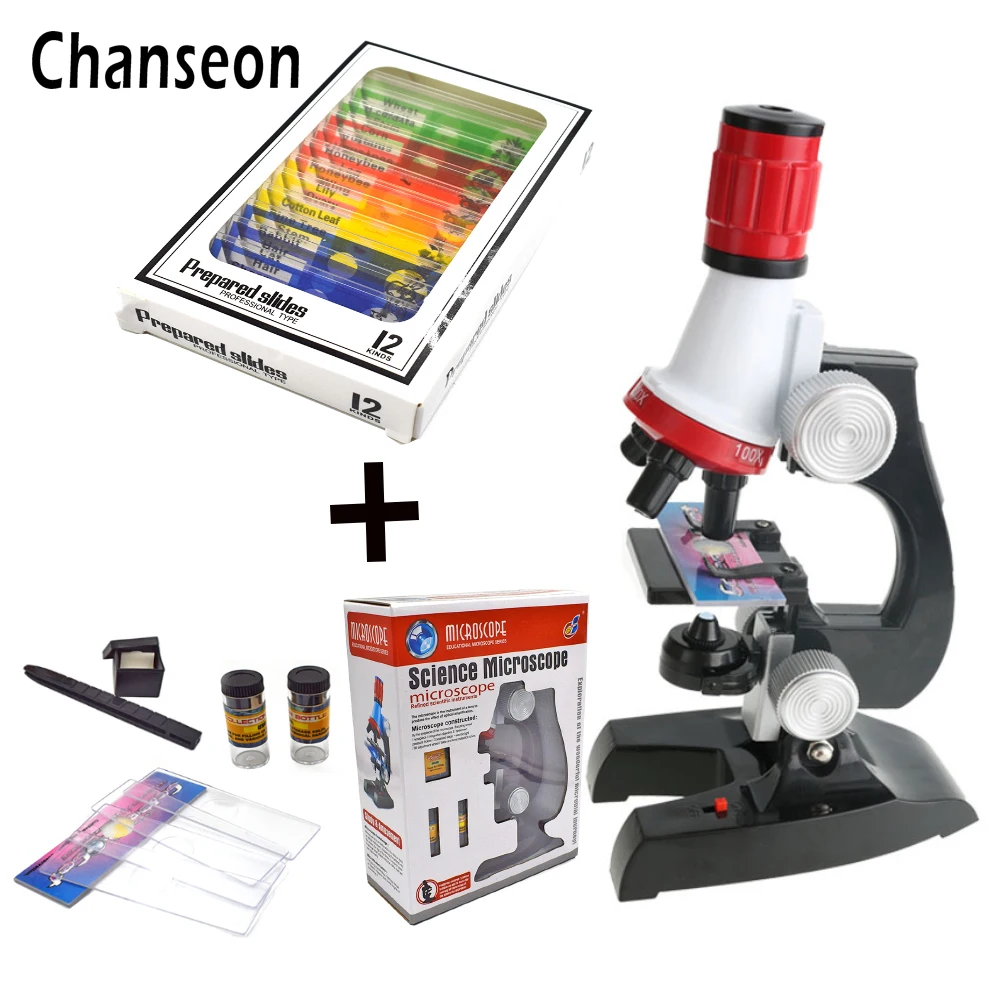7 Tips for Teaching Kid Science
Science does not have to be something strange. It is occurring all around us, and you can use everyday things to encourage your children’s interest and understanding.
Many parents believe that they can’t help their kids with science. However you don’t require an advanced scientific degree to teach young children science. All you require is a desire to try, to observe the world, and to make the effort to encourage their natural curiosity.
You can assist by having a favorable mindset toward science yourself. Start merely by asking your child concerns about the things you see every day. Why do you think that occurred? How do you believe that works? And then listen to their answer without evaluating it or evaluating them. Listening without evaluating will enhance their confidence, and assist you figure out just what your child does or does not understand.
You can turn every day activities into science tasks. Don’t just comment on how intense the moon is one night. Ask concerns about why it’s brighter tonight, why does it alter shape, etc. You can observe the moon’s phases throughout a month, and turn that activity into a science project, without even discussing the words “science task”. For a kid that likes cooking, observe how milk curdles when you include vinegar, or how sugar merges syrup. Attempt baking a cake and asking why does the cake increase? What takes place if you forget to put in some active ingredient? Voila! Immediate science project concept, without being frightening to you or your kid.
Different kids have different interests so they require various kinds of science projects. Knowing your kid is the finest method to find satisfying learning activities.
- Choose activities that are the best level of problem - not too simple nor too tough. If you are not exactly sure, choose something simpler considering that you don’t wish to dissuade a child by making science frustrating. You can always do the more difficult task later.
- Read the recommended ages on any jobs, toys or books labels, however then ensure that the activity is appropriate for your kid, regardless of age. Your child’s interest and abilities are distinct. If a kid interested in a topic, they might have the ability to do activities usually done by older kids, while a kid who is not interested may require something much easier targeted at a younger ages.
- Consider how well the kind of job matches your child’s character and learning design. Is the job suggested to be done alone or in a group? Will it require adult assistance or guidance?
- Choose activities matched to your environment. A city full of intense lights in the evening might not be the very best place to study the stars. Throughout your vacation to a remote area, you might be able to spark an interest in astronomy.
- Let your child aid choose the project or activity. It’s simple enough to ask. Instead of overwhelm them, suggest 2 or 3 possibilities. When a child picks something they are interested in, they will enjoy it and find out more from it.
Proceed. Attempt it and see for yourself how simple it is the stimulate the interest of a child.
The majority of parents believe that they can’t help their kids with science. You don’t require an advanced clinical degree to teach young kids science. Instant science project idea, without being intimidating to you or your child.
If you are not sure, pick something simpler considering that you do not desire to prevent a child by making science frustrating. If a child interested in a topic, they may be able to do activities generally done by older kids, while a kid who is not interested might require something easier aimed at a more youthful ages.